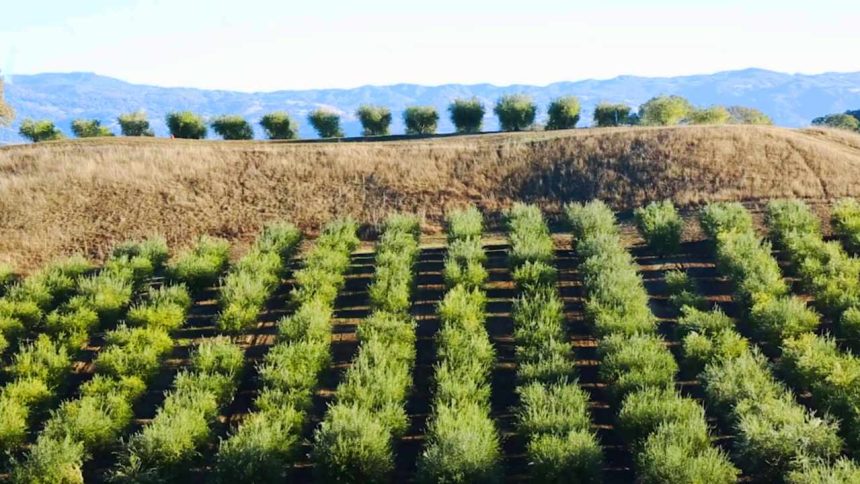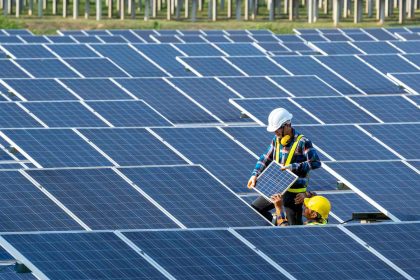Many agricultural products are considered impossible to grow in Pakistan, but that could not be further from the truth. Among these crops are olives and avocados, which the Punjab government believes can be grown in the Potohar region, among other high-value crops.
The Potohar Plateau in the northwestern part of Punjab is hardly known as an agricultural heartland and seems like an odd choice for the cultivation of high-value crops, but research has gone into the capabilities of the region, and the provincial government is determined to capitalize on it.
A Zaytoon Valley is being planned in the region, where the farmers are being encouraged by the Punjab Agriculture Department to venture into olive cultivation. About 1,320,000 saplings have been given to the farmers without a cost, whereas 600,000 saplings have been given to them at a 67 percent subsidy.
Besides olives, the farmers in the Potohar region are being encouraged to cultivate avocados and argan. The farmers are also being guided by experts from the Agriculture Department to increase the production and the quality of their produce, which includes grapes and tomatoes. Pakistan has recently started experimenting with olive production.
Olives are being grown in various parts of the country, including Punjab, Khyber Pakhtunkhwa and Azad Jammu and Kashmir, where the local variety named “Kaho” is being grown. These trees started fruit within two to three years. Recently, the Hazara region witnessed an olive bloom, signalling prosperity for the region, and convincing other farmers about the possibility of growing olives sustainably in the country.
Pakistan aims to be a sizable producer of olives to not only cater to domestic needs but to become a key exporter of virgin and extra virgin olive oil. In 2022, Pakistan, becoming the 19th member of the International Olive Council (IOC), exported olive oil amounting to $1.9 million. Its olive oil was mostly exported to Mozambique and Canada, besides five other countries. Due to the various health benefits of olives, the fruit and the oil they produce are in high demand globally and are recommended by nutritionists for their benefits.
On the other hand, avocados are deemed a rarity in Pakistan. They are listed expensively on supermarket shelves, thus restricting the citizens from enjoying the health benefits posed by them. However, they can be grown in Pakistan with the right approach, which may help increase local production. The National Agricultural Research Center has led the efforts to domesticate avocados and currently produces four cultivars, which can be cultivated in parts of Punjab, Balochistan and Pakhtunkhwa.
The annual plant production by the National Agricultural Research Center stands at 2,000 to 3,000. While the grafted plants start bearing fruit in five to six years, the seedlings take eight to nine years to do the same. Like olives, avocados offer numerous health benefits and are used in various dishes across the globe. Once Pakistan starts producing more avocados, the citizens may be able to buy them more readily, and the country may even be looking at exporting them to other parts of the world.
The Potohar Plateau seems like a promising area for the cultivation of these high-value crops. While the current studies only look at the feasibility of cultivation, effects of climate change can cause hindrances in this regard. While the authorities continue to evaluate the prospects of cultivating these crops in the region, they would have to factor in the changing climate and the subsequent effects the Potohar Plateau is poised to experience.












